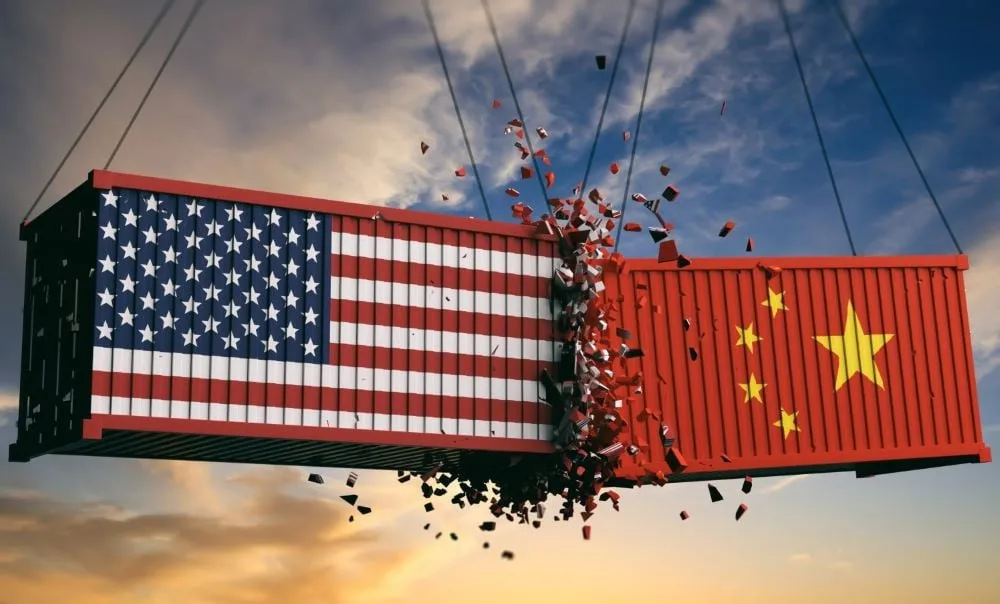
China will raise tariffs on U.S. goods to 84% starting Thursday, up from the previously announced 34%, in the latest escalation of a global trade war triggered by U.S. President Donald Trump’s sweeping tariff measures.
Trump’s 104% tariffs on Chinese imports came into effect earlier on Wednesday, sparking sharp losses in global markets. The European Union is also expected to announce retaliatory measures.
U.S. Treasury Secretary Scott Bessent called China’s move “unfortunate,” warning that it would hurt Beijing’s already imbalanced economy.
Global markets reacted sharply. Shares of major U.S. banks fell, oil hit four-year lows, and the offshore yuan plunged to record lows. Analysts fear a prolonged standoff.
“This is an unprecedented and expensive game of chicken,” said Ting Lu, chief China economist at Nomura.
China told the World Trade Organization that the U.S. tariffs risk destabilising global trade and accused Washington of reckless escalation.
Despite pressure on its currency, Beijing has asked major state-owned banks to limit dollar purchases to avoid a sharper decline in the yuan.
With both sides refusing to back down, investors are bracing for more volatility and potential long-term damage to the global economy.
A new bill aimed at safeguarding minority communities' properties has been introduced in Pakistan's Punjab…
The UK manufacturing sector is teetering on the brink after soaring energy prices have pushed…
Hamas has reached a critical juncture in its leadership succession process, with two prominent figures…
Iran and Russia have secured an undisclosed 500 million euro arms deal for advanced shoulder-fired…
Exactly four decades ago today, on a cold and frosty evening in Salt Lake City,…
South Korea expresses strong opposition to Japan's celebration of disputed islands In a move escalating…
This website uses cookies.